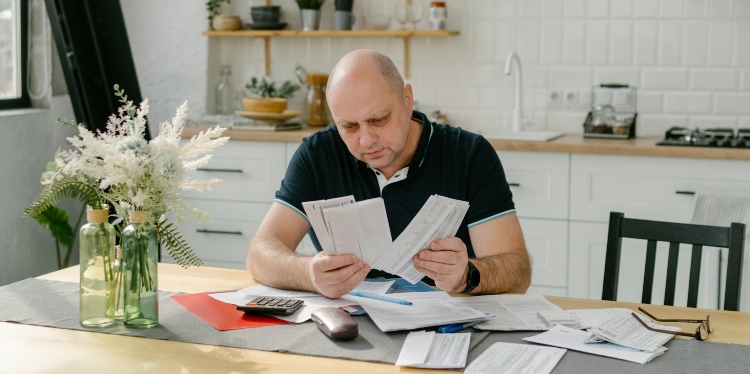Understanding how to maximise your personal tax allowance is a valuable skill for UK residents. It involves utilising available exemptions, deductions, and allowances to optimise your tax position. Let’s explore effective strategies for making the most of your personal tax allowance in the UK.
Know Your Personal Allowance: A Starting Point for Planning
The first step in maximising your personal tax allowance is understanding what it is. Your personal allowance is the amount of income you can earn each tax year without paying income tax. As of the current tax year, the standard personal allowance is £12,570. Being aware of this baseline figure provides a starting point for planning your financial activities.
Utilise Marriage Allowance: Sharing the Tax Benefits
Marriage Allowance allows couples to transfer a portion of their personal allowance between them. If one partner earns less than their personal allowance and the other is a basic rate taxpayer, they can transfer up to £1,260 of their personal allowance to their spouse or civil partner.
This strategy can be beneficial for couples where one partner earns significantly less than the other, helping to reduce the overall tax liability for the household.
Explore Tax-Efficient Investments: ISAs and Pension Contributions
Investing in tax-efficient vehicles can play a crucial role in maximising your personal tax allowance. Individual Savings Accounts (ISAs) allow you to invest money without paying tax on the returns.
Additionally, contributing to a pension can provide tax relief, as contributions are deducted from your taxable income. By taking advantage of these tax-efficient investments, you can grow your wealth while minimising your tax liability.
Claim Tax Credits: Targeted Financial Support
Tax credits are a form of financial support provided by the government to individuals or families with specific circumstances, such as having children, a disability, or a low income. Research and determine if you are eligible for any tax credits, as they can contribute to maximising your overall financial position and potentially increase your personal tax allowance.
Consider Gift Aid: Boosting Your Charitable Contributions
If you make charitable donations, consider using Gift Aid to boost your contributions. With Gift Aid, charities can reclaim 25p every time an eligible taxpayer donates £1, at no extra cost to the donor. By utilising Gift Aid, you not only support charitable causes but also increase your personal tax allowance through the associated tax relief.
Optimise Capital Gains Tax Allowance: Managing Investments Wisely
Capital Gains Tax (CGT) applies to the profit made when you sell or dispose of an asset that has increased in value. By optimising your use of the CGT allowance, which for the current tax year is £12,300, you can reduce the amount of tax payable on your investment gains.
Strategic planning, such as spreading the sale of assets over multiple tax years, can help maximise the use of this allowance.
Review Business Expenses: Claiming Allowable Costs
If you run a business or are self-employed, reviewing and claiming allowable business expenses is vital. Business expenses that are incurred wholly and exclusively for the purpose of your trade can be deducted from your income before calculating your tax liability.
Keeping meticulous records and understanding which expenses are allowable can help maximise your personal tax allowance as a business owner.
Empowering Your Financial Position
Maximising your personal tax allowance in the UK involves a combination of strategic planning, utilising available allowances and reliefs, and making informed financial decisions.
Understanding your personal allowance, exploring opportunities like Marriage Allowance, investing in tax-efficient vehicles, claiming tax credits, leveraging Gift Aid, optimising the CGT allowance, and reviewing business expenses are all effective strategies.
By employing these tactics, you not only reduce your tax liability but also empower your financial position, allowing you to retain more of your hard-earned income for your personal and financial goals.
David Prior
David Prior is the editor of Today News, responsible for the overall editorial strategy. He is an NCTJ-qualified journalist with over 20 years’ experience, and is also editor of the award-winning hyperlocal news title Altrincham Today. His LinkedIn profile is here.





![7 Best POS Software in the UK [2026 Edition]](https://todaynews.co.uk/wp-content/uploads/2026/02/7-Best-POS-Software-in-the-UK-2026-Edition-360x180.png)






































































